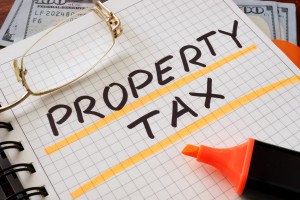
What is a Tax Grievance?
Before we answer that, we need to first of all define assessment. The assessment is practically the basis of the real estate tax bill. In general, this bill is your assessment times the tax rate. Your home’s assessment is a certain percentage (that may change on a yearly basis) of your property’s fair market value (FMV). So basically, homes that cost more have greater real estate taxes compared to homes that are priced lower.
On the other hand, issues may arise due to the fact that your tax’s basis is FMV, yet determining it can be quite difficult. Also, even when estimates are made, they can be eventually disputed with ease. Issues may also arise because sometimes, assessors lag behind the moves happening in the real estate market and therefore, assessments can get stale. The lawmakers in NY have actually admitted that making fair assessments is very difficult and that is why they worked hard in order to ensure that homeowners can use a special system that allows them to get access to a fair assessment.
The system is composed of 2 parts:
The 1st level: The homeowner files a complaint at the local assessment department where he requests that the assessment is reviewed. The homeowner’s complaint raises the issue that the assessment is a greater percentage of the FMV that the law allows. Next, the evidence is carefully reviewed by the assessor who may eventually decide to schedule an in-person negotiation with the homeowner prior to taking a decision.
The 2nd level: In the event the homeowner doesn’t agree with the assessor’s decision, he can file a petition with the court for a Small Claims Assessment Review. This is practically a lawsuit and the fee for filing it is thirty dollars. After the lawsuit is filed, both sides need to provide relevant case data in order to defend their position. After analyzing the data, the court will take a final decision.








